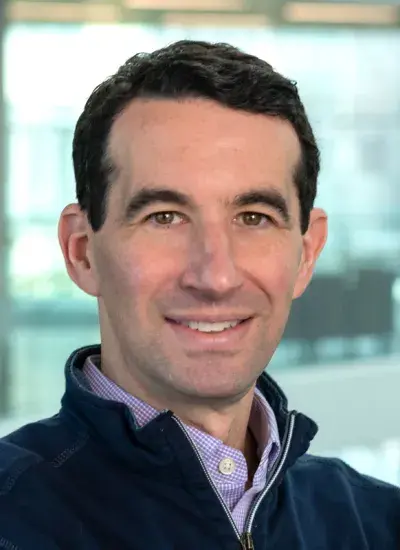HCII Seminar Series - Jay Aronson

Speaker
Jay Aronson
Founder and director of the Center for Human Rights Science at Carnegie Mellon University and Professor of Science, Technology, and Society in the History Department
When
-
Where
Newell-Simon Hall 1305 and also via livestream
Video
Video link
Description
“Technology for Social Good? AI, Human Rights, and Harm Reduction”
Abstract
The volume of information available to human rights practitioners has grown steadily since the globalization of Internet access and the widespread adoption of smartphones across geographies, cultures, and socioeconomic classes. This vast material landscape creates an unprecedented visual record of the experiences of a significant percentage of humanity. When properly collected and analyzed, this material can help human rights analysts, fact-finders, and researchers reconstruct war crimes, human rights violations, and terrorist acts taking place in locations that offer limited or no physical access. At the same time, practitioners and organizations have been confronted with new challenges in dealing with the collection of large massive amounts of data from a distance. This situation has been exacerbated by the COVID-19 crisis as travel has become restricted and researchers, analysts, and fact-finders must rely on online digital information to investigate and validate claims of human rights abuse. In this talk, I will describe two case studies of how my colleagues and I have confronted these challenges with partners from across the human rights domain. I will pay particular attention to the ethical approach we take in doing our work. I will conclude by arguing that academics and technologists should adopt a harm reduction approach (pioneered in the field of public health) in all of our work with the human rights community.
Speaker's Bio
Jay Aronson is the founder and director of the Center for Human Rights Science at Carnegie Mellon University. He is also Professor of Science, Technology, and Society in the History Department. Aronson’s research and teaching focus on the interactions of science, technology, law, media, and human rights in a variety of contexts. He is currently writing a book with Roger Mitchell, Jr., the Chief Medical Examiner of Washington, DC, that addresses significant shortcomings in the way police killings and deaths in custody are recorded and investigated in the United States. He is also engaged in a long-term project on the use of video evidence in human rights investigations. Previously, Aronson spent nearly a decade examining the ethical, political, and social dimensions of post-conflict and post-disaster identification of the missing and disappeared in collaboration with a team of anthropologists, bioethicists, and forensic scientists he assembled. He has also been involved in a variety of projects with colleagues from statistics, political science, and the conflict monitoring community to improve the quality of civilian casualty recording and estimation in times of conflict.
Speaker's Website
https://www.cmu.edu/dietrich/history/people/faculty/aronson.html

